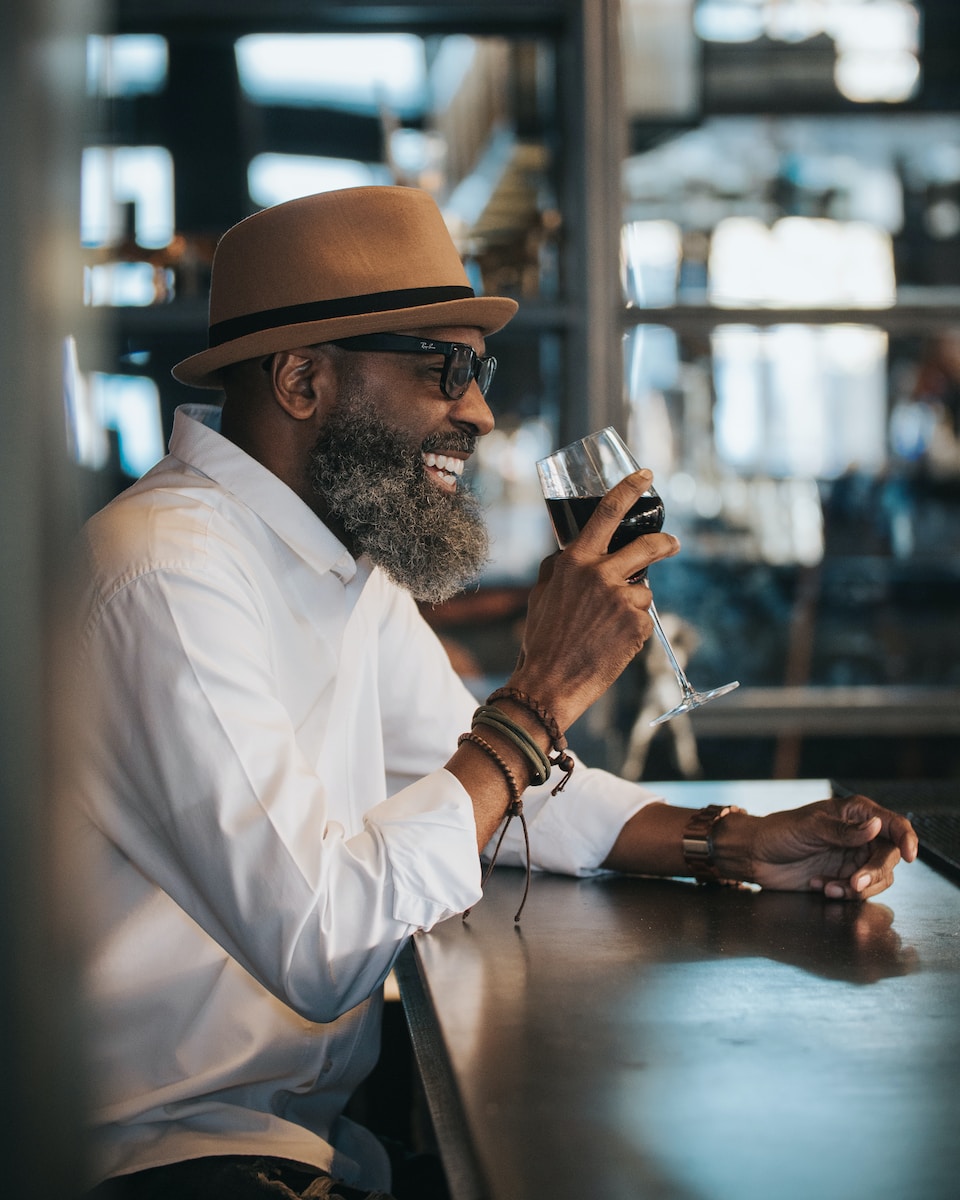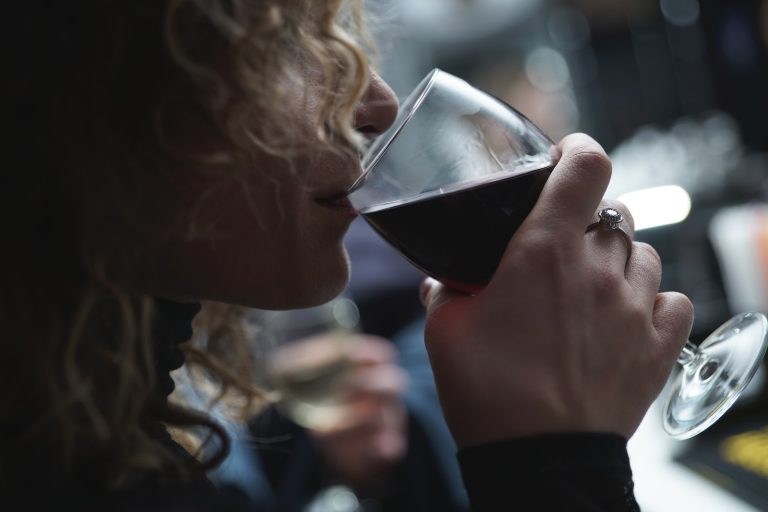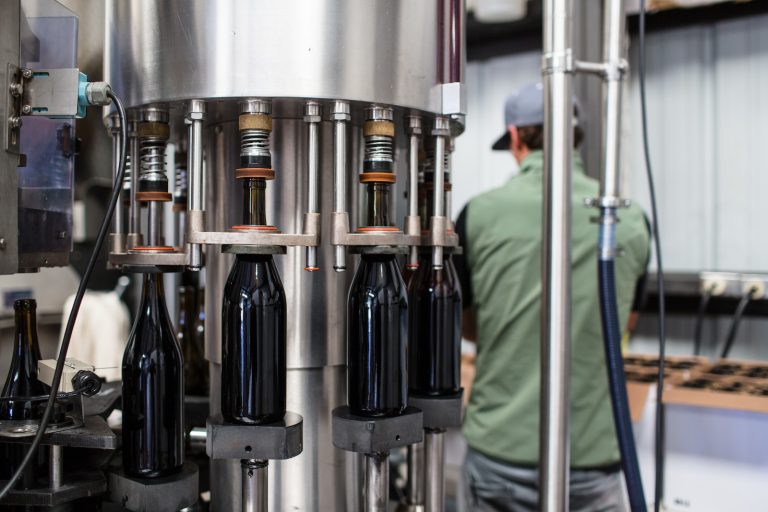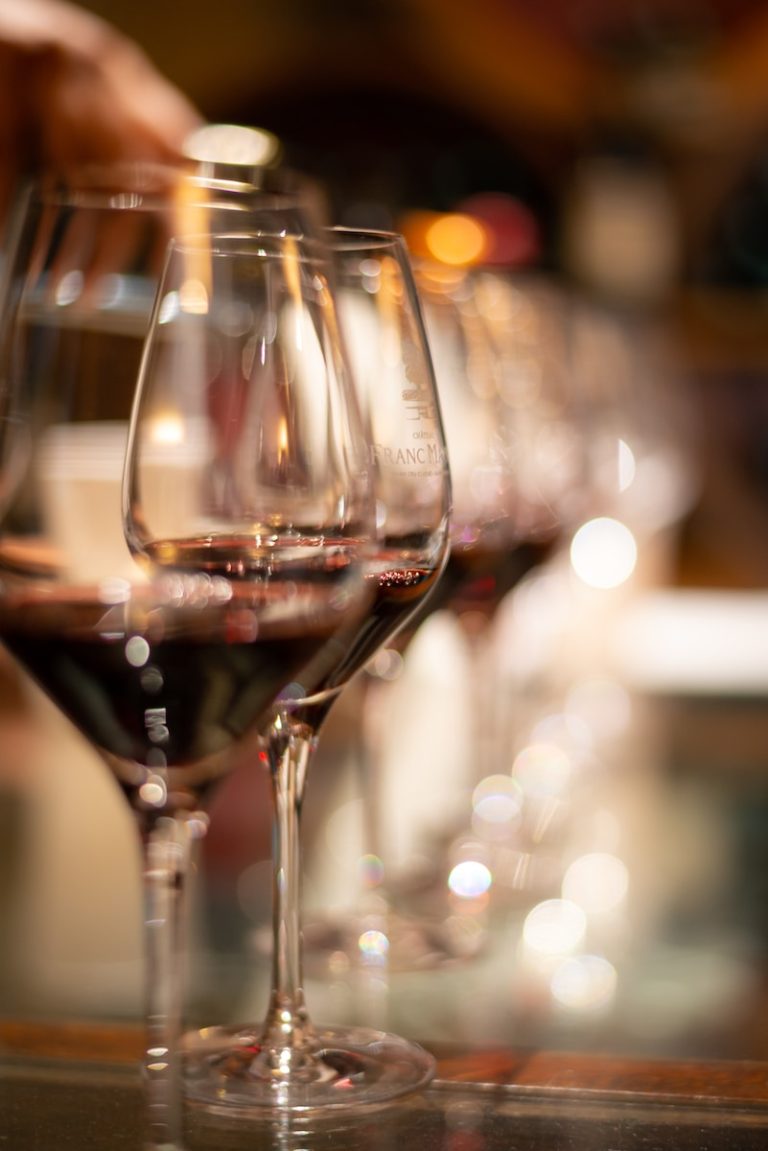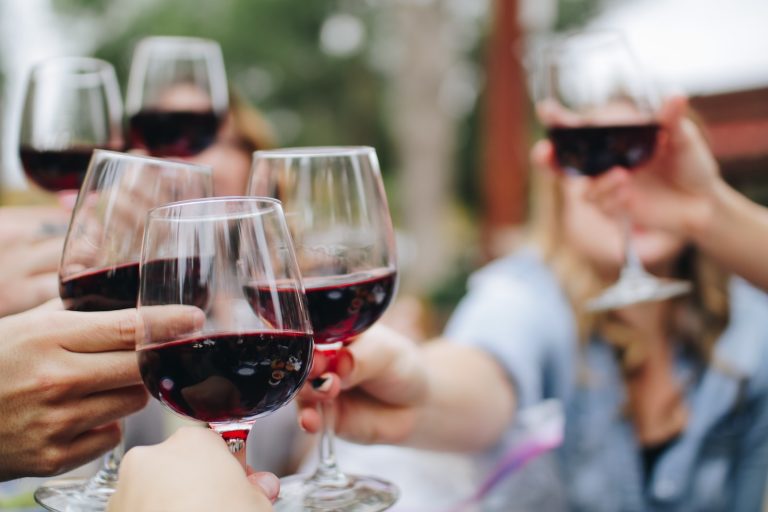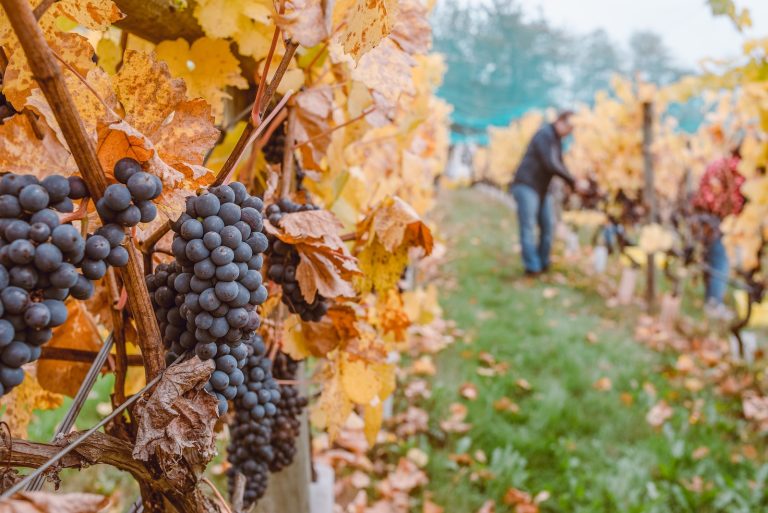Wine Tasting 101: A Beginner’s Guide to Unlocking the Senses
Table of Contents
Wine tasting conjures images of suited connoisseurs swirling comically large glasses murmuring about notes of leather and black currant. The experience appears shrouded in rigid rituals and expertise, causing many novices to feel underqualified to participate. But the truth? Wine tasting is simply mindful sensory exploration that anyone can embrace.
With an open mindset and a few fundamental techniques, even total beginners can approach tastings as an adventure for the senses, not an intimidating test. Read on to gain an accessible introductory guide to wine tasting, demystifying misconceptions and empowering your curiosity.
The Gentle Art of Sensory Exploration
At its core, wine tasting involves carefully observing, smelling and sampling wines to note subtle flavors, aromas, textures and sensations. But it evolves into much more – a vessel for discovery, perspective and conversation unlike any other beverage experience.
Tastings range from casual experiences with friends to structured gatherings with a trained sommelier. But in all forms, the emphasis remains on sensory exploration, not evaluation. Technical mastery comes later; enjoyment and curiosity come first. Forget impressions and open your senses.
The Flow of a Structured Tasting
While casual tastings have no format, structured events progress through a purposeful rhythm. Familiarizing yourself with the flow can help you feel prepared and engaged.
Set the Stage – The wines are opened ahead to allow bouquet to develop. Proper stemware is arranged along with tasting mats, dump buckets and water.
Assess Appearance – Color and clarity offer clues about the wine. Tilt your glass and observe hue against the white backdrop.
First Sniff – Swirl wine to release aromas then smell the aroma. No need to put your nose in the glass!
First Taste – Take an initial small sip and notice first impressions on your palate.
Focused Tasting – Now experience the wine more deeply. Let it glide across your tongue and perceive texture, flavors, finish.
Discussion – Share your observations with other tasters or the guide. This is the heart of discovery!
Revisiting & Comparison – Revisit wines to see how they evolve. Compare against other wines to highlight differences.
The Importance of Spitting – Spit finished wine into provided buckets so you stay fresh. No need to swallow every sip.
Take Notes – Jot down your impressions to solidify discoveries. No right or wrong!
Savor the Conversation – The discussion and shared perspectives are the highlight. Technical knowledge comes later.
Remember, tastings are simply structured ways of tuning into your senses, not tests of accuracy. So embrace the experience with an open mind!
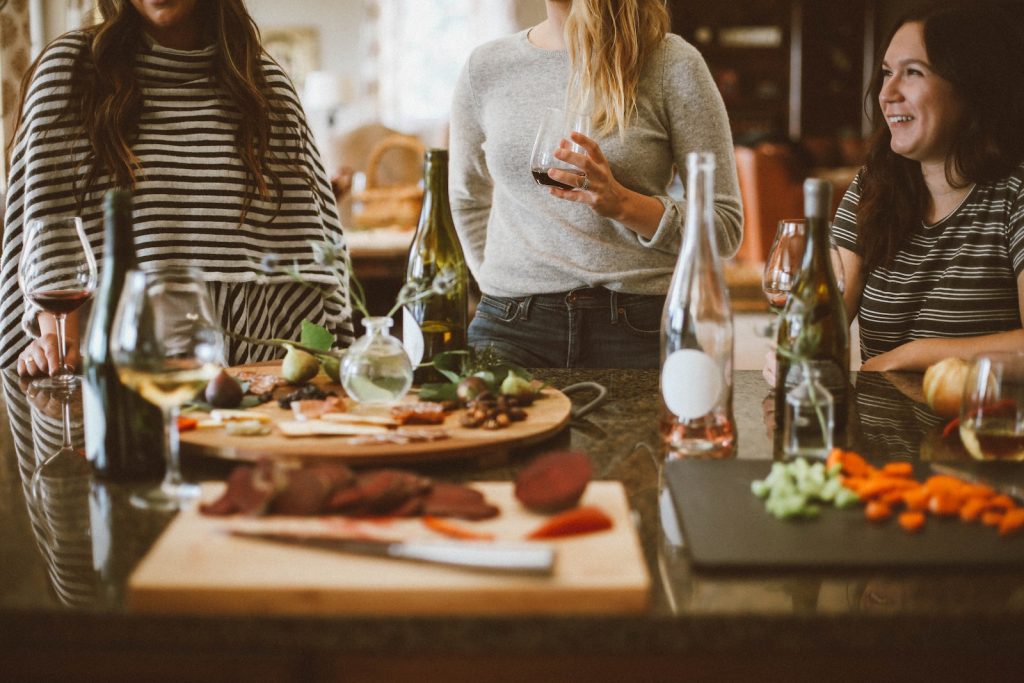
Tips for Novices: How to Hone Your Sensory Awareness
As a beginner, forget complex tasting techniques. Start by tuning into your instinctive senses and impressions.
Engage All Your Senses – Look, sniff, taste, touch – be fully present with the wines.
Focus on Initial Aromas & Flavors – Tuning into those first scents and sip impressions builds awareness.
Note Textures – Pay attention to body, weight, smoothness, astringency on your tongue.
Use Simple Descriptions – Fruity, woodsy, silky. No need for elaborate wine lexicon at first!
Compare Differences – Contrast wines to grasp what makes them unique from each other.
Don’t Force It – If you don’t smell or taste something distinctly, that’s ok! Patience brings nuance.
Ask Questions – Novice or expert, having a curious attitude is key to unlocking discoveries.
Spit Liberally – Use spittoons whenever needed so you stay mentally acute.
Have Fun! – Approach with an exploratory mindset vs. worrying about mistakes.
Wine tasting becomes most enlightening when you give yourself permission to be a novice following sensory curiosity.
Wine Tasting Is Not for Snobs
With its luxury aura, proper tasting etiquette and purported ability to reveal your sophistication, wine can seem like an elitist world. But the truth? Wine tasting is open and accessible to anyone with curiosity. Few beverages provide such a hands-on path to enriching your senses and perspectives.
All levels of knowledge and budgets have a home within wine. No previous experience required – just come with eagerness to explore. Novices should never feel unwelcome at tastings. And the rituals exist to guide discovery, not test expertise.
How to Host an Unintimidating Wine Tasting at Home
You needn’t attend a formal event to enjoy wine tasting. Hosting a relaxed and unintimidating wine experience at home is easy and affordable.
Pick A Theme – Focus on one varietal (Pinot Noir), region (Willamette Valley), or producer (Rombauer) to guide selections.
Provide Simple Bites – Cheese, charcuterie, bread, chocolate – snacks that pair well with wine ingredients.
Use Stemless Glassware – Less intimidating and perfectly suitable for casual tastings.
Make Tasting Notes Optional – Never required! Invite impressions but don’t force technical observations.
Ask Engaging Questions – Which wine feels silkiest? Which pairs best with the cheese? Get conversation flowing.
Simplify Serving – No need to follow a strict sequence. Number glasses and offer wines in any relaxed order.
Encourage Comfort – Make the environment welcoming and unpretentious.
Focus on Enjoyment – The goal is indulging the senses, not analyzing wine. Celebrate the experience!
Wine tasting becomes most meaningful when the setting allows participants to feel at ease. Prioritize inclusive discovery over stuffy rituals, and savor the experience.
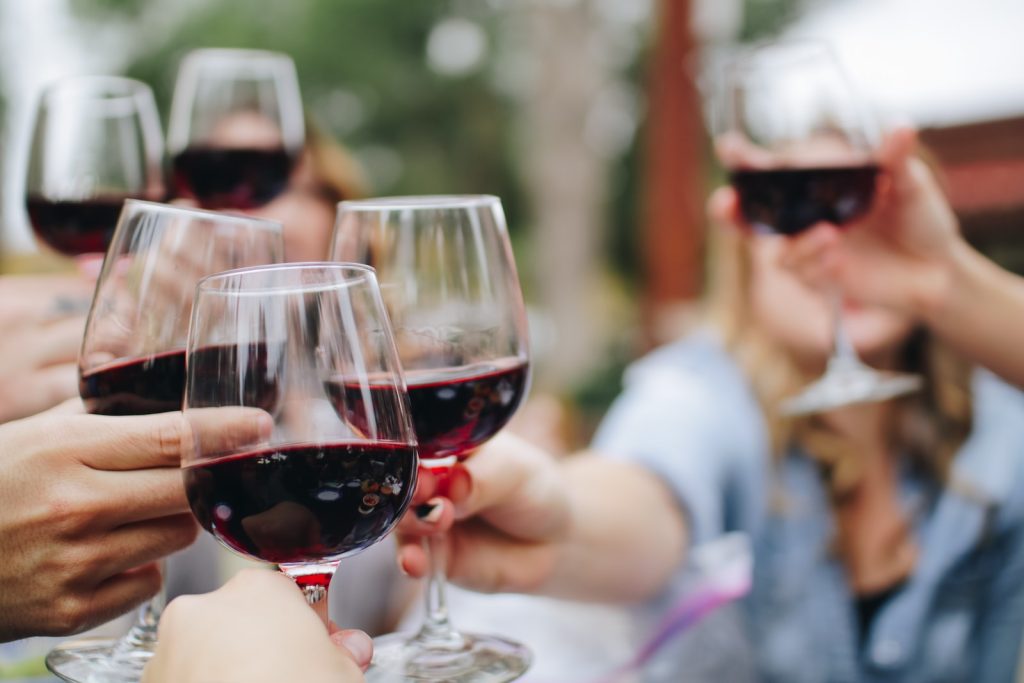
Discovery Over Dogma: Your Wine Tasting Journey
Hopefully this guide has demystified the welcoming world of wine tasting for novices. At its core, tasting wine is simple: PURPOSEFULLY ENGAGING YOUR SENSES. Everything else is just noise. You need no prior knowledge except a willingness to explore and get to know your own preferences.
Using the techniques above, start flexing your sensory awareness muscles at your own pace. Follow your curiosity where it leads, ask questions without hesitation, and determine your own meanings. Expect an intriguing journey – the magic lies not in the glass, but in YOUR EXPERIENCE.
Soon you’ll come to understand that wine’s complexity arises from stories of people, culture and history. A humble fermented beverage reveals so much about ourselves. So embrace your wine tasting adventure wherever it takes you. Swirl, sip, and discover!

